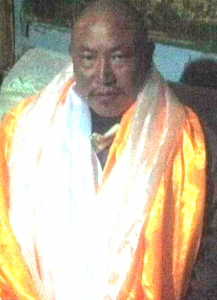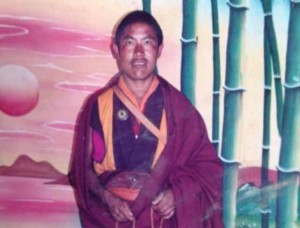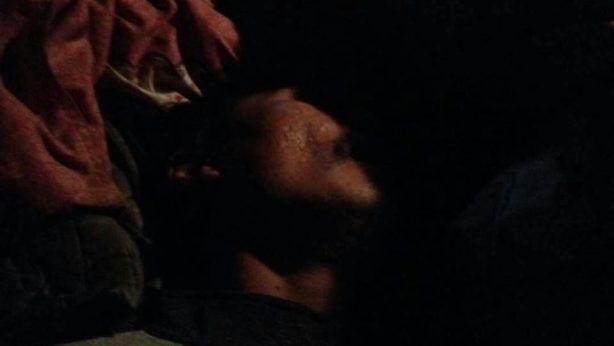Monk released from prison after 15 years as crackdown continues on his monastery

As Tsenden Monastery reels under a severe crackdown with the number of cases of arbitrary detention peaking since 2013, a former monk of the monastery has been released after completing a 15-year prison sentence in Sog (Ch: Suo) County in Nagchu (Ch: Naqu) Prefecture, Tibet Autonomous Region (TAR).
On 20 March this year, Ngawang Gyurmey, a well-known monk from the embattled Tsenden Monastery was released at about 1.30 pm (local time) after he had served a fixed prison term of 15 years in Chushur Prison in the outskirts of Lhasa city.
Family members of Ngawang Gyurmey are worried that he may not survive long due to poor health. They fear he will meet the same fate as Tenzin Choewang a fellow monk who was released but died after being bedridden for three years due to beatings and torture suffered in prison. Another monk Yeshi Tenzin had also died after three months of his release. Both were arrested with Ngawang Gyurmey in March 2000.
There were others who were arrested on 17 March 2000 with Ngawang Gyurmey. They were monks from Tsenden Monastery: Sey Khedup (sentenced for life), Yeshi Tenzin (sentenced to 10 years), and Tenzing Choewang whose exact sentence term is not clear although some sources believe that he may have been sentenced to seven years but was released after two years due to poor health. Two laymen were also arrested: Trakru Yeshi, sentenced to 7 years and Tsering Lhagon, sentenced to 15 years. The People’s Intermediate Court in Nagchu Prefecture passed the sentences although details about the trial are not available.
TCHRD’s Political Prisoners Database shows the names and details of those arrested and imprisoned along with Ngawang Gyurmey.
The death of Tibetan political prisoners soon after their release and during medical parole is not new. In fact the number of such cases that point to the entrenched practice of torture and malpractices employed by law enforcement agencies has been growing. Former Tibetan detainees have spoken about routine beatings and other torture methods during the interrogation phase that could extend for weeks, months, and sometimes a year. Granting dying Tibetans medical parole is just one tactic used to conceal the number of Tibetans who die because of their treatment in detention. Another prominent tactic is intimidating family members to prevent them from speaking out. These tactics succeed in hiding an unknown number of deaths in detention.

During his imprisonment, Ngawang Gyurmey suffered from tuberculosis and was left without proper treatment for about a year due false medication and misdiagnosis by prison doctors. He was provided medical care only after his cellmates and relatives requested the prison authorities to let him go for a proper medical check up since his condition had worsened.
Ngawang Gyurmey was detained on 17 March 2000 after he staged protest at a large public gathering where he distributed leaflets carrying slogans such as ‘ Long live His Holiness the Dalai Lama’, ‘Free Tibet’ and ‘China, out of Tibet’. He and the others who got arrested had stuck the leaflets on walls and other public spaces. In late 2000, Ngawang Gyurmey was charged of “endangering national security” and “incitement of false propaganda”. Sentenced to 15 years of fixed prison term, he was initially held in Drapchi Prison, but was shifted to Chushur Prison in the outskirts of Lhasa city.
Ngawnag Gyurmey was born and raised in Drokta Village in Sog County. At age 20, he became a monk at Tsenden Monastery. He played an important part in the renovation of the monastery with his expert masonry and woodcraft skills. He was responsible for many stone and wood works used in the construction of the monastery.
Ngawang Gyurmey lost his father while he was still serving his prison sentence.

